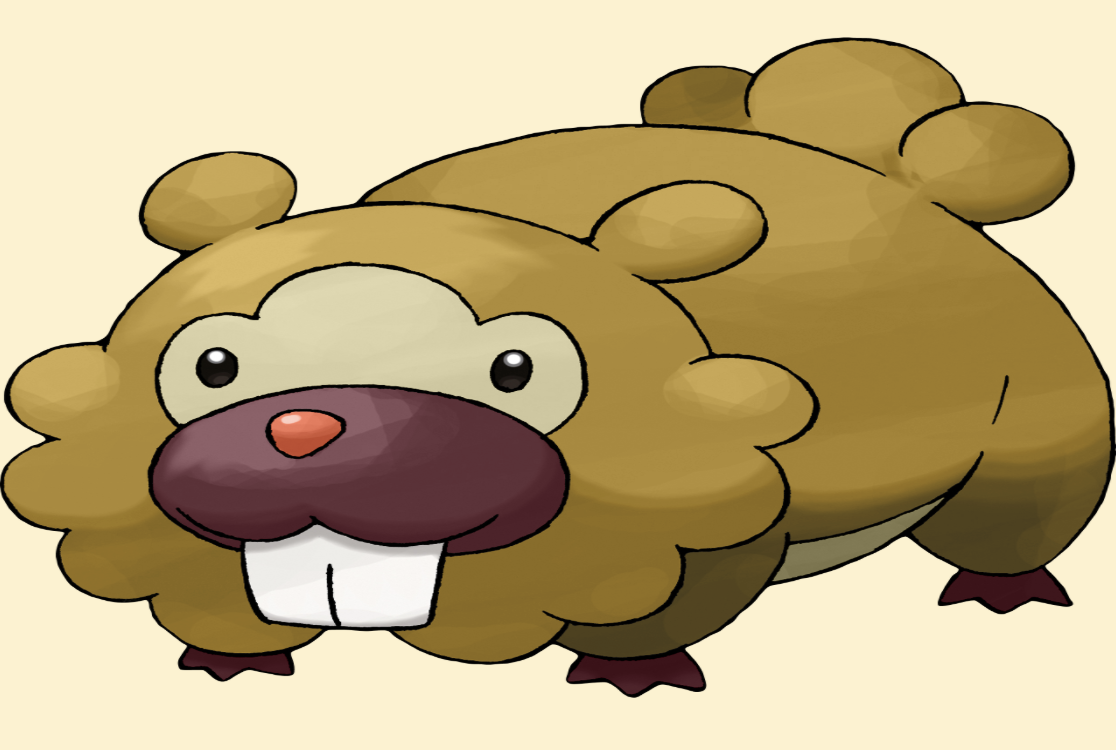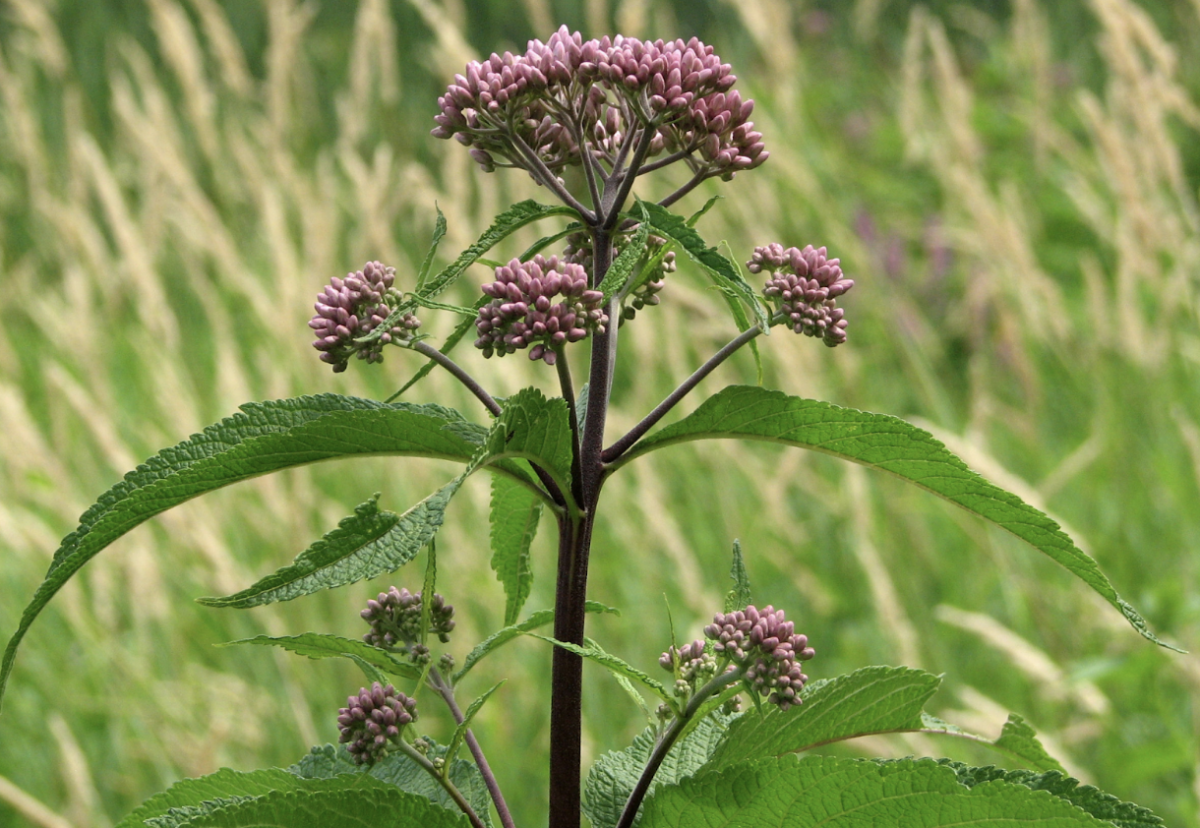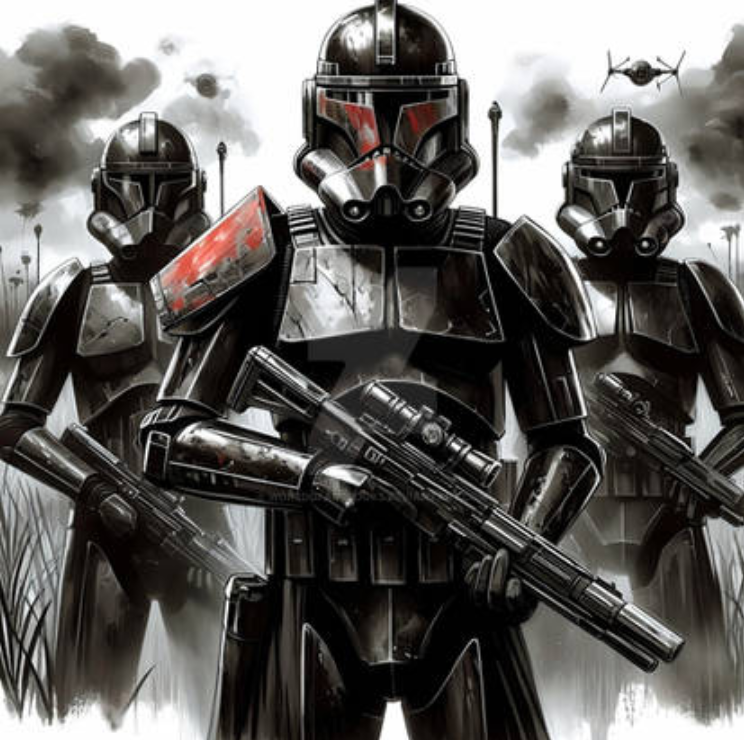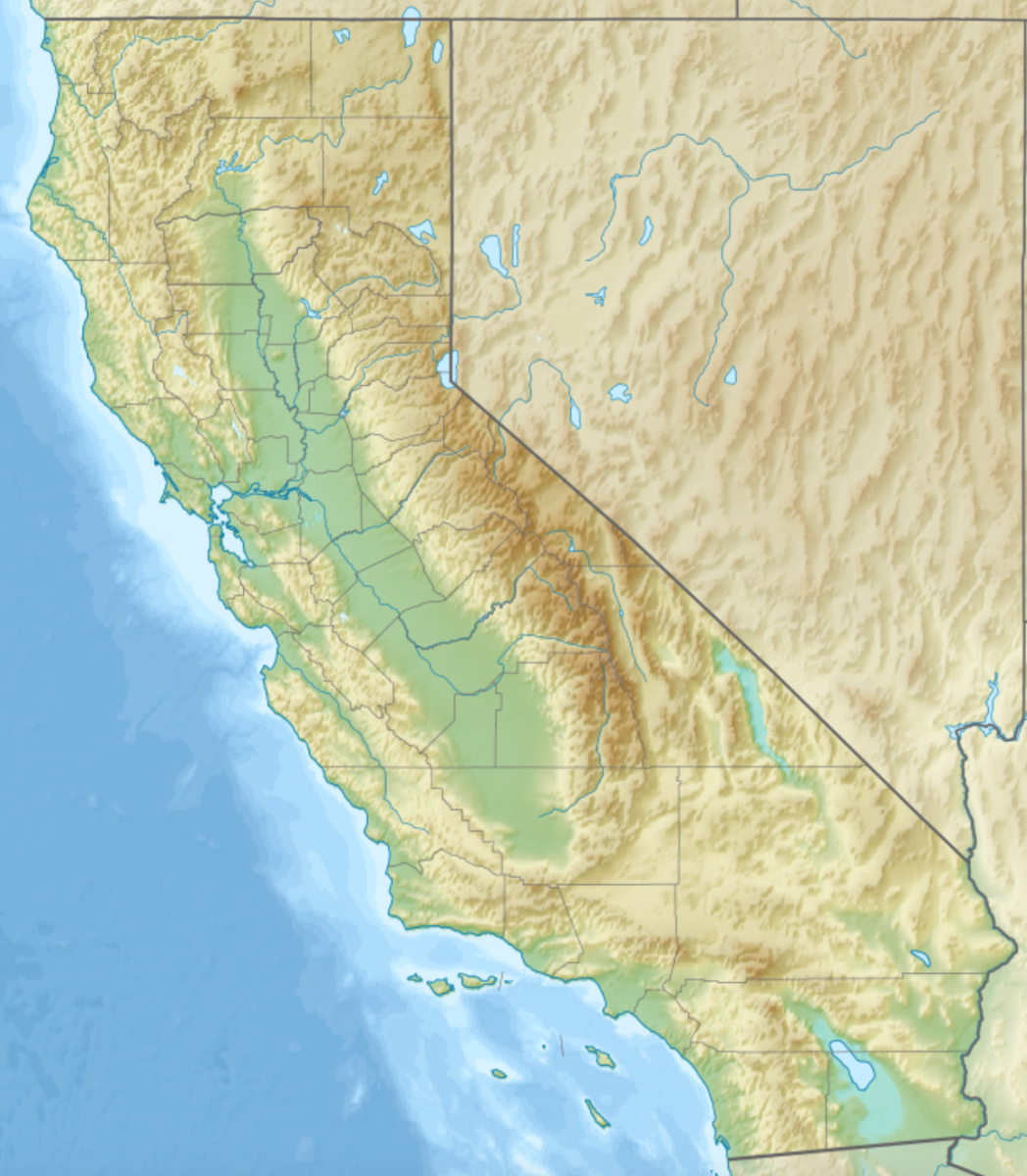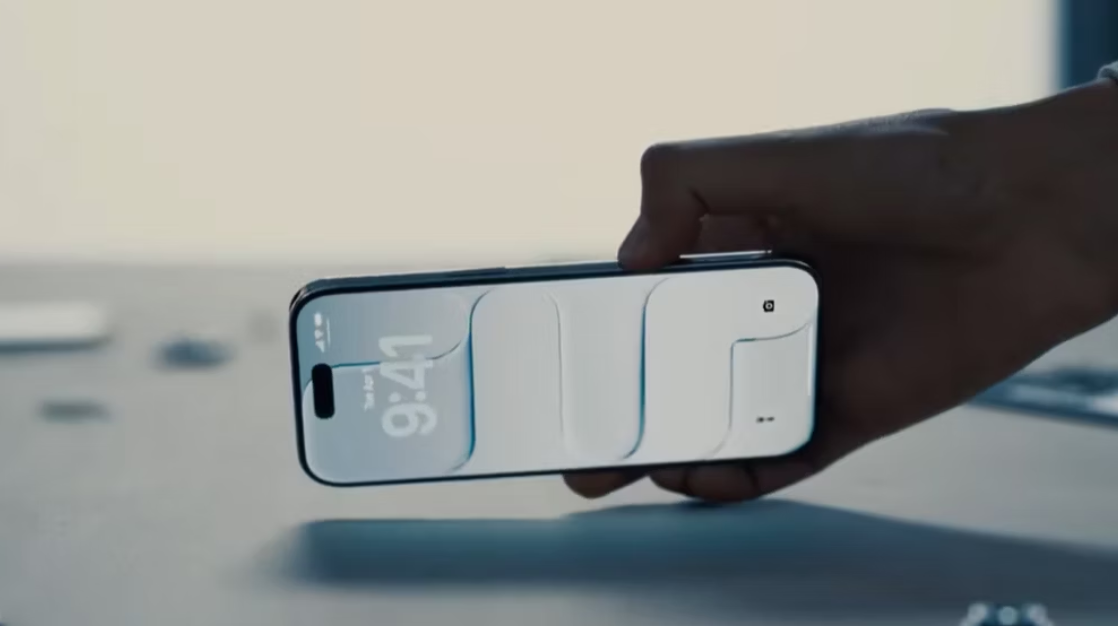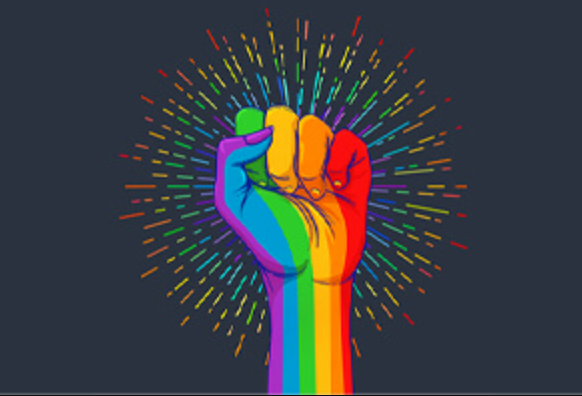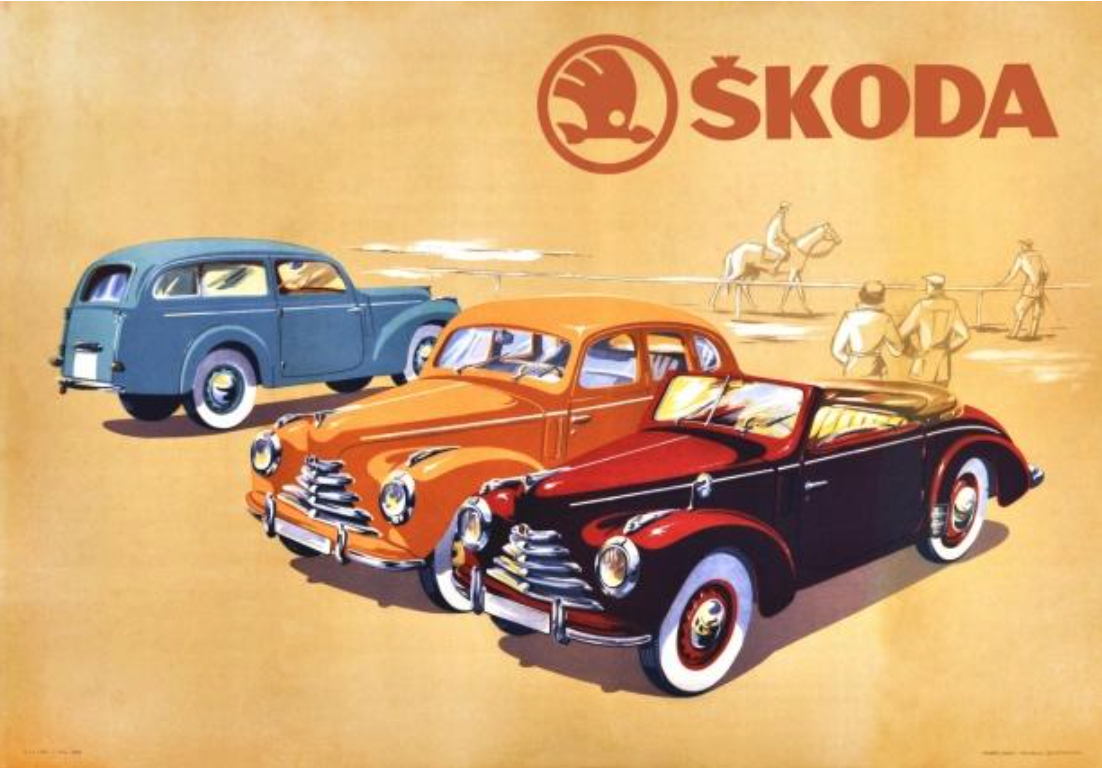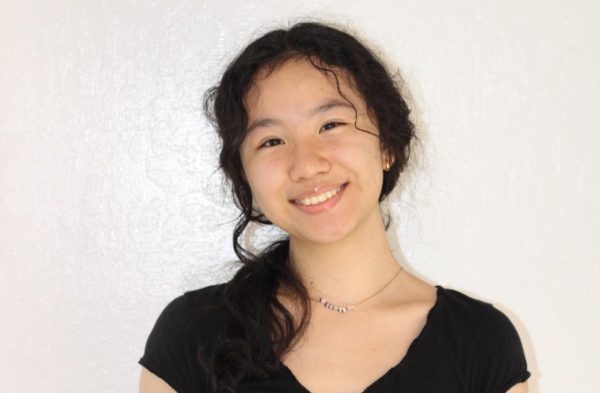Disclaimer: This interview consists of opinions based on different experiences from different students. While this publication may be used to gain some insight into the college app process, please remember that there is no “perfect formula” for getting into college and college applications vary by person. What works for one person may not work for another! Use your best judgment when taking advice from these interviews.
All interviews with The Quill are done with permission from the students. In order to protect their privacy, they may opt to be anonymous or just use their initials.
Alina: We are currently not in BISV, we are online! So starting off, have you submitted all your apps?
Pooja: Yes. All of them. Every single one of them.
Alina: LOL How was your app process?
Pooja: A fever dream. It was not real, and I hope it never is real again. [laughter]
Alina: College is not real..How did you decide on which colleges to apply to?
Pooja: Okay, so I don’t know what I want to do with my life, which is very valid, because I don’t know how I’m supposed to know as an indecisive 17-year-old. So I chose colleges that were very flexible with their curriculum, general ed[ucation] requirements, and stuff like that.
Alina: College app process cont.? Advice?
Pooja: I was a huge procrastinator, so.. don’t do that. I highly regret it as it was highly stressful at the moment. But as for the structure and how I created my application, I guess just telling a story, and creating a narrative that can connect everything you’ve done at this point in your life.
Alina: So were you brainstorming every day and constantly, like, thinking about the questions? Or did you just sit down and go like, “Oh, maybe I can write about this.”?
Pooja: You know, in hindsight I should’ve been doing that. Instead I was just thinking about how I haven’t thought of anything yet. [Alina: Okay, real.] You know, ideas just come whenever, even at the very last minute. [laughter]
Alina: Did you have any interviews?
Pooja: No, which is super sad, because I do DECA, and the biggest thing DECA prepares you for is on-the-spot interviews. And I was ready to pull out all my skills… I may have to keep on the low now, it’s a little secret.
Alina: Could you talk a bit about your involvement in different clubs and extracurriculars?
Pooja: For DECA, I joined in 10th grade, which is a year later than most people, so I was a little behind. I was also in volleyball at that time, so I missed the first couple months of the meetings and I had no idea what DECA was until I went to a conference. I feel like they say you really have an idea of what DECA is when you attend a conference/competition. After that, I found that I really love to present, and I had a skill for yapping in front of adults and making sense of business jargon. [laughter] It was cool! I didn’t do too well in my first year. In my second year, which was last year, junior year, I worked my [redacted] off, because I was like this was my final year to get some stuff for the awards section [of the CommonApp]. And I think it semi-paid-off. I think it was a really good experience…I developed a lot in the club, especially in the social aspect and being able to present myself, and I don’t think I’d have been able to do that without DECA. [Alina: So inspiring Pooja]
As for journalism, I think ever since middle school, I used to read the Bunion. And that boy band article—like, oh my god. [laughter] That was the article that convinced me to join the Quill and write for them. So, when my time came in 9th, I joined, and realized I had no idea how to write articles; so none of you guys should look at my first articles—they were something else. [This is not true guys, they’re good.] I wrote for the Bunion at first, but I became more confident exploring more genres, so I just started writing whatever I wanted. As for the vision for the club [Journalism Club/Student Newspaper], I wanted to make the newspaper something that everyone would know about, as a well-known, stable part of the school. I feel like at that time, some people knew about the Quill, but especially since it was online for the most part, it didn’t get as much traction as if it were an online print newspaper. And at journalism, in general, I feel like everyone is so good at writing, so I just want everyone to be able to read and fan over it like I fan over it. And I guess there are three aspects that me and the other Editors-In-Chiefs worked on. One of them was the website, like, getting a nice, proper school news website. [Alina: SNO!!] I think it was actually you who recommended SNO, and then Maya sent me an article from an SNO site that won something—so this was fate, which is crazy. It is a little tad expensive [Alina: Just a little…], but it is worth every penny, because the site looks phenomenal. And I just feel like there is so much that the future EICs and Editors can add onto, like a base. We couldn’t have done it without you guys and Ms. Shapiro [Alina: Awee], because everyone supported it, and that’s what got us through.
For the Inkwell, the thing was, I realized that the Quill would gather creative writing [or drawing] in general, but there was no section for it. They did have something called the QuillQuest Magazine, but the page was still in construction. I think the original site was created in 9th grade, and the original people had plans for it, but it got lost in time. So I was thinking of bringing it back, but instead as an actual magazine. It’s a start! I was thinking of making it at least a bi-annual magazine.
Alina: How about the Quill and Scroll [international journalism honor society now implemented into the Quill]?
Pooja: I came across the Quill and Scroll in 11th grade too; I came across a lot of ideas junior year, and I wanted to try to implement some then, but because of different scheduling, it wasn’t able to happen. Because journalism attracts a lot of writers, I thought it’d be easier to start the society within the club first, and then expand it… I think the BISV Photojournalism and Science Journal students also qualify for it. It’s a space for anyone who wants to go further in journalism and writing. Mainly for getting the website running and the Quill and Scroll, a lot of it was through emails to Ms. Shapiro with paragraphs on benefits and incentives, and then Ms. Shapiro does her magic to secure things.
Alina: I know you read a lot of stuff outside of school, how do you come across them?
Pooja: Especially during junior year, I found I didn’t have as much time to read longer chapter books outside of the required readings, so my attention went straight to literary magazines, which are a collection of stories of all genres. I came across these magazines when I was doing a lot of research; I didn’t submit to them as much as I would’ve wanted to, because I feel like at that time—I don’t wanna say late, because it’s never too late to submit to magazines, but timewise I had a lot on my plate. Reading satisfied my story needs, because they’re a lot shorter but so well-written. Two of my favs are Strange Horizons and then Escape Pod, Pseudo Pod, Cast of Wonders, and a few of my other favs… [ linked below].
Alina: Are they all mags, or?
Pooja: They’re all online magazines, and also podcasts I believe, which is super cool. Also a lot of these stories in the magazines are all super diverse, which is amazing. Like, chef’s kiss. [Alina: Oh my god, the Bone Soup one..] Yeah it’s one of those that stick with you, like “an eye for an eye..” For some of these, it’s kind of hard to tell if they’re still running, but.
Pooja’s lit-mag/podcast recs: * = fav favs
http://strangehorizons.com/ * = “sci-fi”
https://pseudopod.org/
https://www.castofwonders.org/
https://escapepod.org/
https://www.lunastationquarterly.com/ * = “all by women-identified writers”
Alina: Extracurriculars cont.?
Pooja: Do what you’re passionate about. I think it was around 10th grade, I really wanted to create a club related to Women’s Empowerment– Women’s Empowerment Club [WEC] and Aditi and I were planning it out. Right now, we have a lot of activities, but back then it was a lot more of one of many ideas. We talked about a club that talked about women’s advocacy and rights, and empowerment in general, like a safe space for all. When we were looking for an advisor, A.S. already worked with Ms. Mujic, so that’s how she agreed to be our advisor; at that time she was the guidance and mental well-being counselor. The main activity we did in our first year was the necessities drive where we collected a lot of feminine hygiene products to donate to homeless shelters or victims of domestic violence, and after that, it became an annual activity. We also focused a lot on Women’s History Month through bulletin boards. There was a lot of room for creativity. We showcased a lot of women with accomplishments in different fields. 11th grade was when we really started picking things up as in 10th grade our club was created the second half of the year, so we only had a couple of months. The year was divided into two main areas: Breast Cancer Awareness Month, and there we co-hosted the Breast Cancer Awareness volleyball game, and created a bulletin board for that. And I believe we tried to do a fundraiser, but they were canceled. Aditi is such a good Co-President, like she has a lot of drive, and it’s very easy in getting things done. And the whole free menstrual products initiative. It was actually a thing I believe Aditi wanted to do since the moment we started. The pads are literally the equivalent of toilet paper to us; it’s like, not a want, it’s a need. [Alina: It was life-changing. So grateful for you guys.] I remember the first year, we did have plans for that, but it was like the right idea at the wrong time. So we waited a while, and we suggested a trial run during the end of our junior year to Ms. Angkham to convince her, because we wanted it as soon as possible. That way, too, if they had any concerns, we could try to mitigate those problems during the trial run, end of junior year, on the third floor bathroom. We’d take pictures for an inventory account on how many pads were there and the condition of the pad basket, all of that. After a successful month, the initiative was improved…for the second floor bathroom as well. We also have guest speaker meetings, like one this Tuesday, occasionally. Last year we invited a neurologist online, and this year we’re doing a lawyer. Really trying to get all the fields in which women are more underrepresented.
Alina: Okay, that’s really really cool. Any general advice for high schoolers?
Pooja: Starting freshman year in the pandemic was like weights on our shoulders [Alina: Yeah, 9th grade.] I feel like especially because of the pandemic, I didn’t really know about the clubs out there, I didn’t know what people did in their free time. It was really a closed experience. But now that school is beyond a screen, don’t be afraid to try a lot of things. Join a lot of clubs at first, but later I highly recommend narrowing it down to a couple clubs you wanna put your all in. I feel like that really helped my college apps. After you find something you’re really interested in, really deep dive into that, like through summer programs, research, to show colleges. And even if you don’t know what you want to do, that’s completely fine because I don’t really know what I want to do. [Alina: I feel like to an extent we all don’t completely know.] But we will all go to college. [Alina: We all will.] Last advice, be confident in yourself, don’t care about what other people think. I feel like especially in this school, it’s very STEM-heavy, so I thought maybe I should go into STEM like everyone else, which is a really common experience. Don’t let anyone dictate anything for you.
Alina: Extracurriculars outside of school? Advice on finding some?
Pooja: I did do a couple extracurriculars outside of school, but I feel like the outcome is always what you put into it. There was something I initially failed when I first started it, and it wasn’t like a quick fail, it was failing for over a year. But all of a sudden one summer, I really tried to put more effort—like every day; my motivation to wake at 5-6 AM was that project. [Alina: Wow, you’re so cool] And that somehow miraculously paid off, which I’m grateful for. It’s okay to fail, to have redirection and start over, but I feel like hard work really pays off.
Alina: Thank you for the amazing information and advice Pooja!
Pooja: Thank you for the interview!
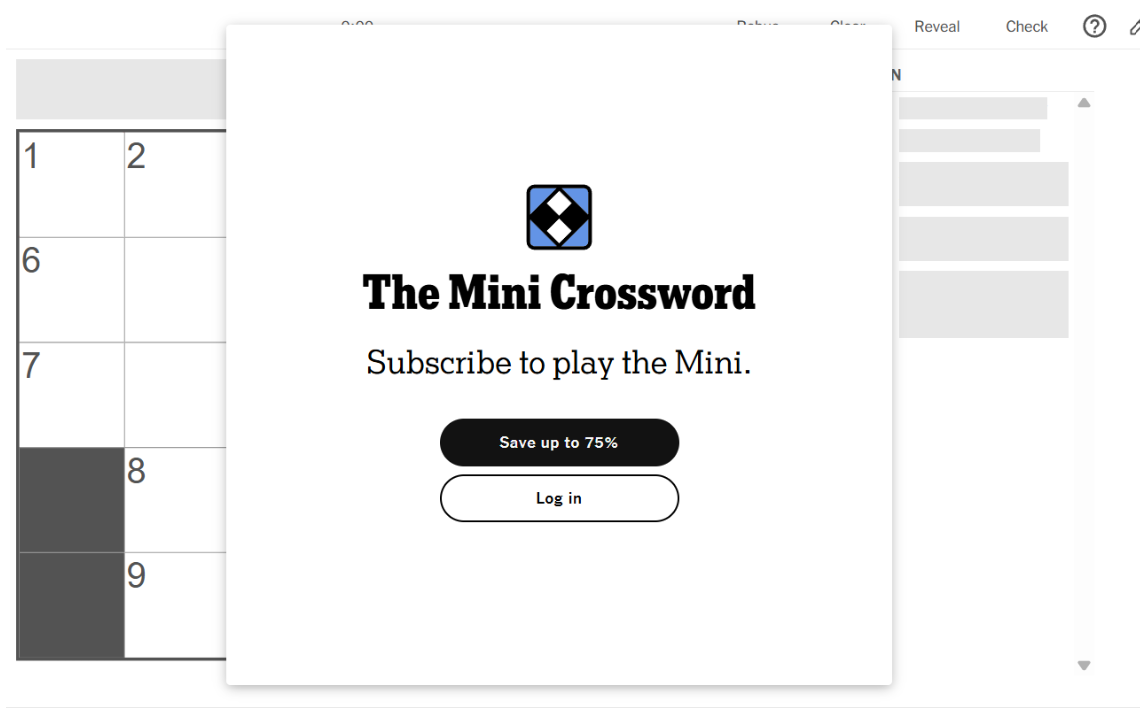







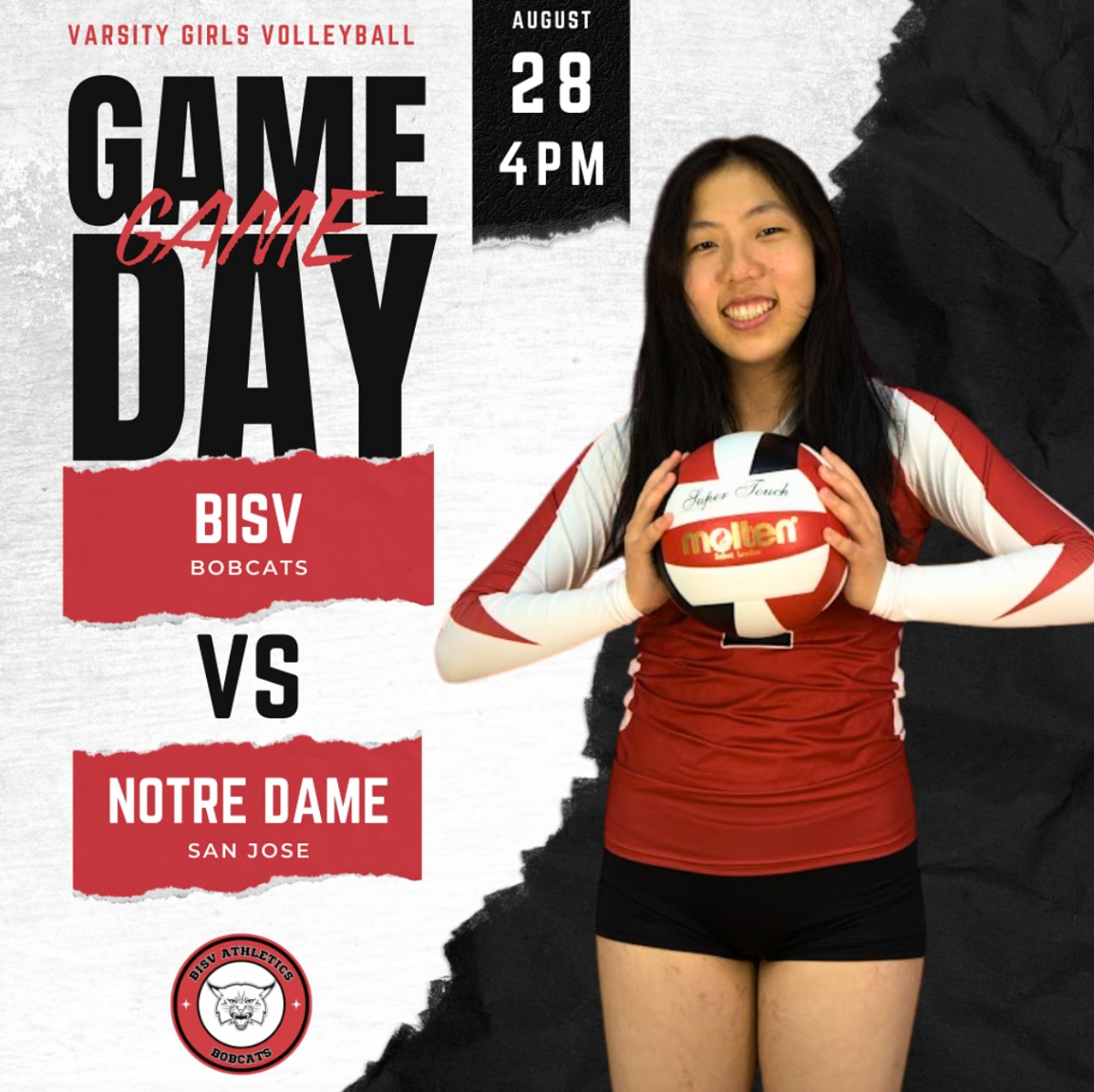
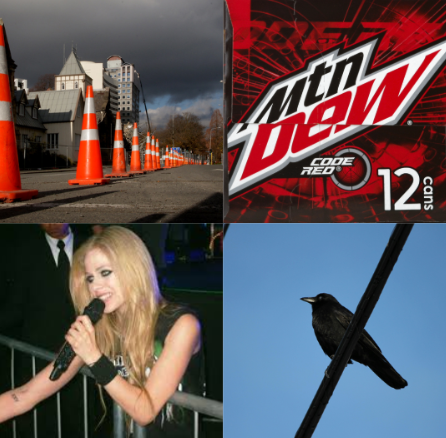
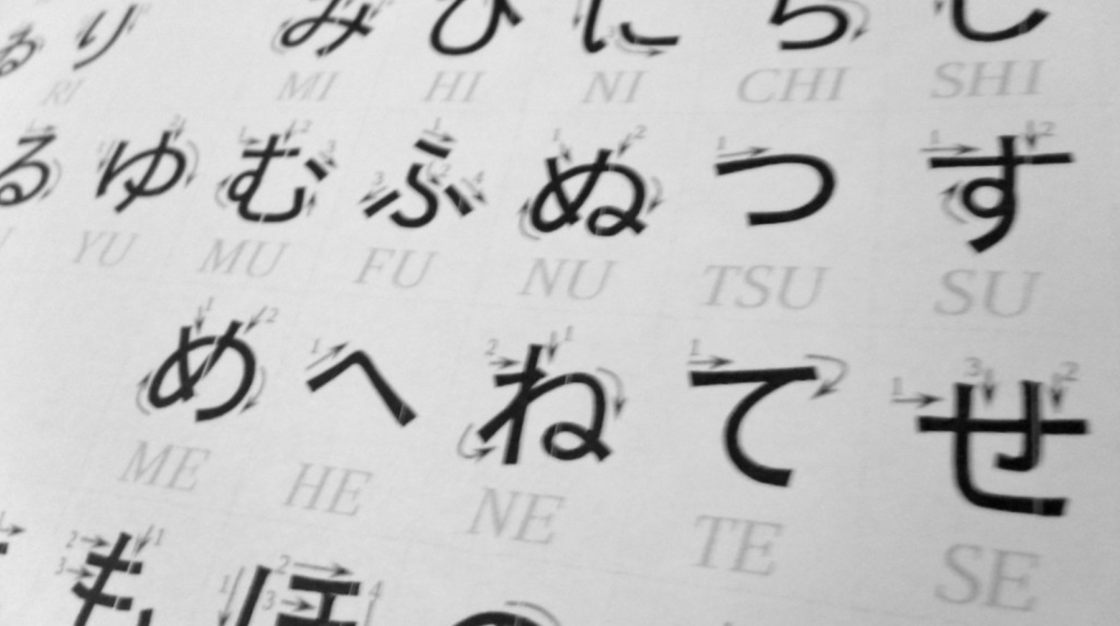
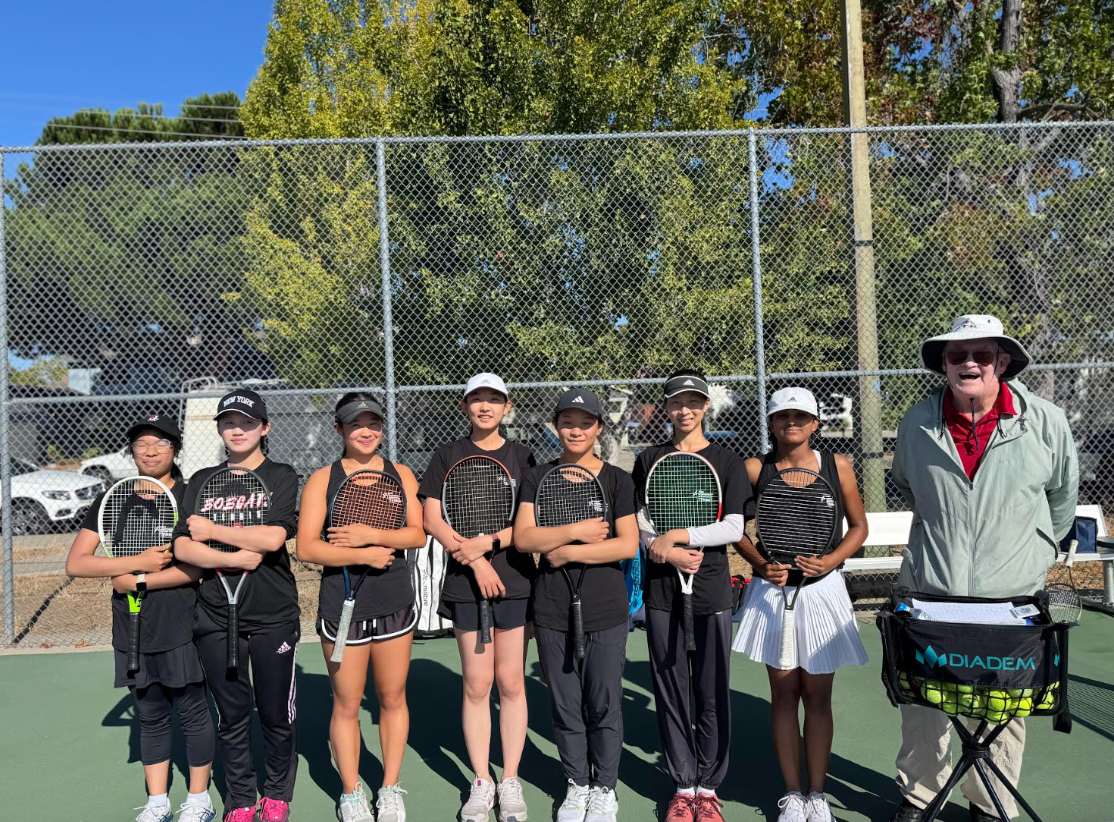





![Teacher [Milk] Tea: Part 2](https://bisvquill.com/wp-content/uploads/2024/03/Screen-Shot-2024-03-19-at-9.28.48-PM.png)












